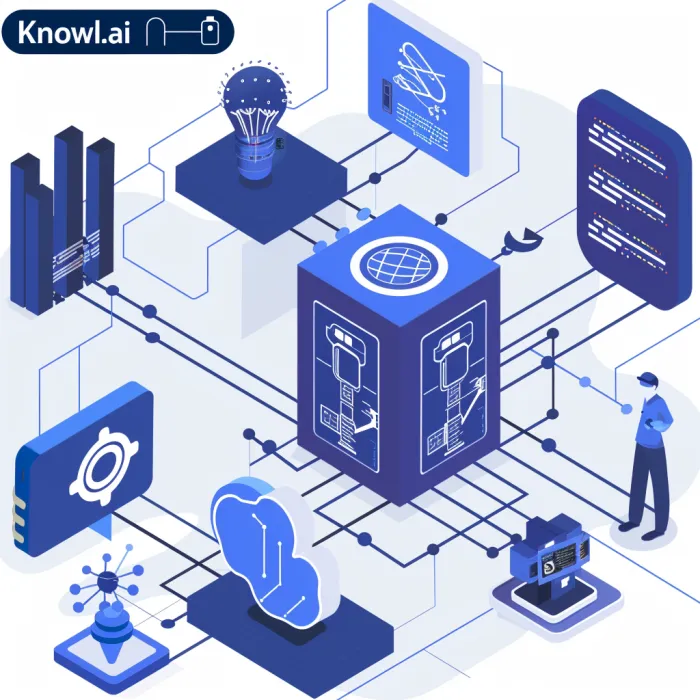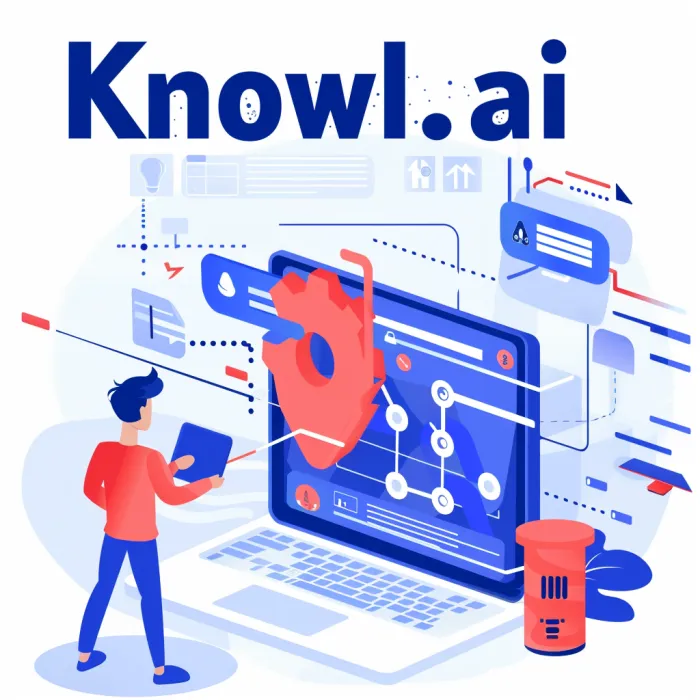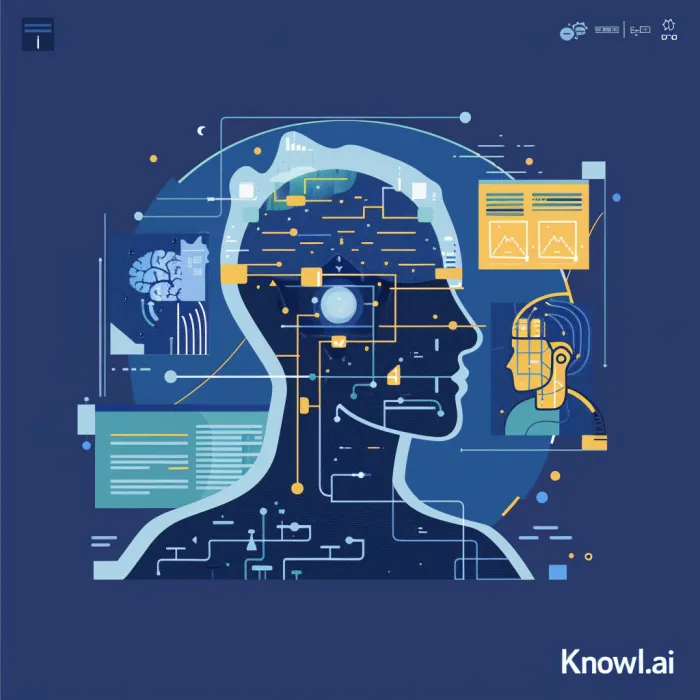In the dynamic world of API development, where data flows like the lifeblood of digital ecosystems, API keys emerge as the guardians of the gate, ensuring that only the worthy pass. As we delve into 2024, understanding the essence of API keys becomes crucial for developers, product managers, and anyone venturing into the realm of API development. Let's embark on an enlightening journey to unravel the mystery of API keys, exploring their workings, types, and best practices for authorization and authentication.
What is an API Key and How Does it Work?
Understanding API Keys
An API key is a unique identifier, a secret token of sorts, used to authenticate a user, developer, or calling program to an API. Think of it as a special passcode that unlocks access to a treasure chest of functionalities and data offered by an API.
Key Takeaway: API keys serve as a simple yet effective method to control access to APIs, acting as a first line of defense against unauthorized use.
How API Keys are Used for Authentication
When making an API call, including the API key in the request allows the API server to identify who is making the request. This process ensures that the API service is used only by those with proper authorization, much like a bouncer checking your ID before letting you into a club.
Key Takeaway: API keys authenticate requests, helping to keep the API service secure by verifying the identity of its users.
Types of APIs that Utilize Keys
From Google Cloud's suite of services to the intricate geolocation capabilities of Google Maps, various APIs leverage keys for access. Whether it's fetching weather data, processing payments, or integrating social media functionalities, API keys are ubiquitous across platforms that require secure, authenticated access.
Key Takeaway: API keys are versatile tools used across a wide range of APIs to secure and personalize the API usage experience.
How to Use API Keys for Authorization
Access Rights and Authorization with API Keys
API keys do more than just authenticate; they also play a crucial role in authorization. By assigning specific keys to specific projects or use cases, developers can fine-tune access rights, determining what actions the keyholder can perform.
Key Takeaway: API keys are instrumental in authorization, helping to ensure that users have the appropriate level of access to resources.

Project Authorization Using API Keys
In projects requiring API integration, using an API key can authorize applications to access other services. This allows for seamless integration of features like payment processing or user data analysis, ensuring that each application component communicates securely and effectively.
Key Takeaway: Utilizing API keys for project authorization facilitates secure, efficient interaction between different software components, enhancing functionality and user experience.
Fun Fact
Did you know that the concept of API keys dates back to the early days of web services, evolving from simple codes to sophisticated tokens that now support complex security and access management systems?
Creating and Managing API Keys
Steps to Generate API Keys
Generating an API key is akin to receiving a secret token that grants you special access across the digital kingdom. The process typically involves registering your application with the API provider, such as Google Cloud Platform Console, and requesting a key. This unique identifier is then used to authenticate and monitor your application's API calls.
Key Takeaway: Generating an API key is the first step towards building a bridge between your application and the vast array of functionalities offered by APIs.
Best Practices for API Key Security
The power vested in an API key demands responsibility. It's crucial to keep your keys as secure as authentication tokens, employing strategies such as restricting API requests to specific IP addresses, setting quotas, and regularly rotating keys. Should a key be compromised, revoking or regenerating it promptly is paramount.
Key Takeaway: Treating API keys with the same level of security as passwords is essential to prevent unauthorized access and ensure the integrity of your application.

Common Use Cases for API Keys
Use Cases for Google Maps API Keys
The Google Maps API key opens up a world of geographical data and mapping capabilities. Whether it's embedding dynamic maps into your website, fetching geolocation data, or calculating routes, the Google Maps Platform leverages API keys to authenticate requests, ensuring that only legitimate traffic accesses the API.
Key Takeaway: Google Maps API keys are indispensable tools for developers looking to integrate rich, interactive maps and geolocation services into their applications.
Utilizing API Keys for Third-Party Integration
API keys are the linchpins in the realm of third-party integration, enabling applications to seamlessly connect with external services and platforms. Whether it's incorporating payment gateways, social media feeds, or analytics tools, API keys facilitate these integrations by authenticating and authorizing data exchanges between systems.
Key Takeaway: API keys serve as the foundational elements for integrating diverse third-party services, enhancing the functionality and user experience of applications.
FAQ
Q: Can one API key be used for multiple applications?
A: While technically possible, using separate API keys for different applications or services is recommended to enhance security and simplify monitoring.
Q: Can API keys be shared between projects?
A: While technically possible, sharing API keys between projects is not recommended due to security risks. It's best to use unique keys for each project to maintain strict access control.
About Knowl.io
Introducing Knowl.io, the revolutionary AI-driven platform designed to transform how API documentation is created and maintained. Say goodbye to the painstaking process of manually updating specifications with each code change—Knowl.io does the heavy lifting for you. With seamless integration into your development workflow, Knowl.io ensures your API documentation is perpetually accurate, reflecting the latest updates in your codebase without the need for manual annotations or explanations.
At the heart of Knowl.io is cutting-edge AI technology that meticulously identifies endpoints, parameters, and behaviors, crafting detailed and up-to-date API documentation with comprehensive explanations. Trust Knowl.io to elevate your documentation process, making it more efficient and reliable than ever. Ensure your developers and stakeholders always have access to the most current and coherent API documentation with Knowl.io, where innovation meets simplicity.


